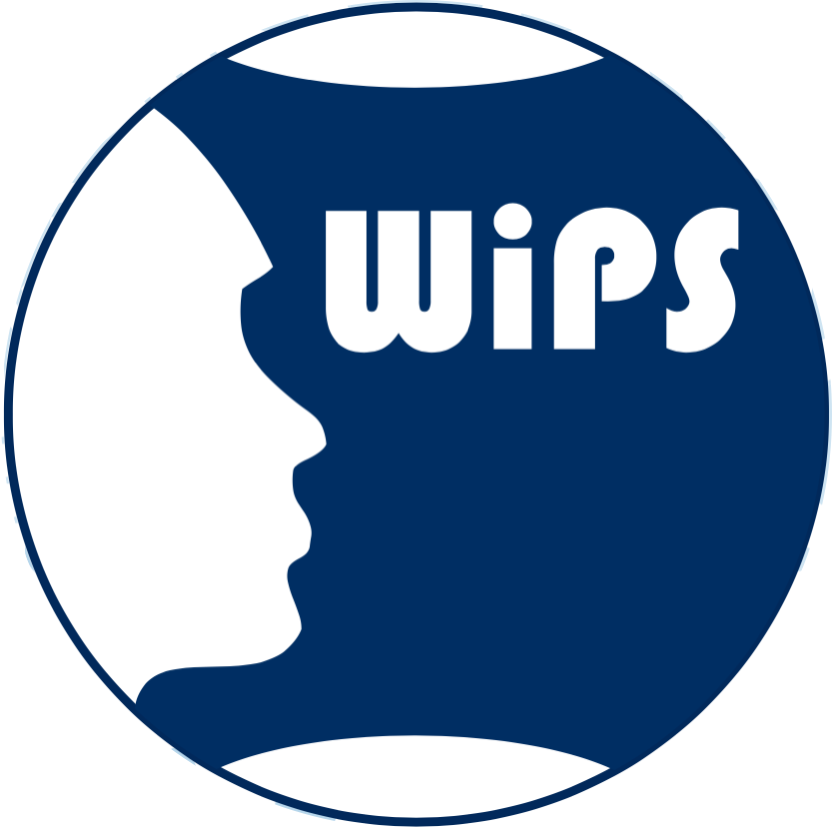Thais Luarte, PhD
Andrés Bello University (Chile)

Thais, in red INACH parka with the hood over her head, is in front of a monument in Fildes Bay, King George Island, Antarctica, where she is associated with the Galban Lab.
What’s the work that you do?
Currently, I am an assistant professor at the Universidad Andrés Bello. I am dedicated to researching the biogeochemical cycles of Persistent Organic Pollutants (POPs) in Antarctica. We analyze the concentrations of POPs in various environmental matrices, such as air, water, sediments and plankton, to understand their behavior and detect possible secondary sources in polar areas, specifically Antarctica. We plan to extend our study by evaluating POPs concentrations in snow and terrestrial sediments, with the aim of obtaining a complete picture of the POPs cycle in these areas.
What keeps you going?
In the first place, teaching is an enriching task that allows us to transmit our knowledge to new generations of professionals. Regarding research, I had the opportunity to visit the Antarctic continent three times, being amazed by its icy and moving landscapes, as well as its unique fauna. Contributing new knowledge through scientific publications is rewarding, as it helps to understand the processes that govern the environmental fate of POPs in polar areas. It also contributes to better management of environmental regulations.
What’s your message to the world?
My last visit to Antarctica, specifically to Union Glacier in December 2022, left a deep mark. This research station near the pole made me reflect on a comment I heard, “coming to Antarctica is like traveling to the Moon.” I felt deep gratitude for having the opportunity to explore such a remote place, challenging patience, living with colleagues and logistical staff in close proximity, and facing extreme weather conditions. Each day was a reminder of how fortunate I was to wake up healthy in an inhospitable environment, stepping on ground that was virgin to humanity. Research in polar regions is crucial because of the invaluable information we gain. Daily sampling, conducted in an environment that is hostile and inhospitable to life, generates crucial data, especially in the context of climate change. Each study calls for awareness of the importance of preserving our planet.
Organisation: Andrés Bello University (Chile)
Nationality:
Chile
Disciplines:
Connect:
